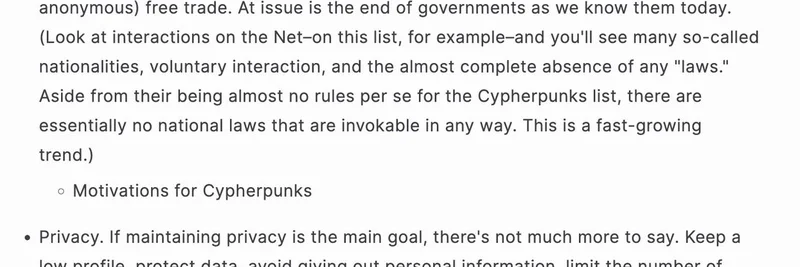In a heartening update from Turkey's Ambassador to Tajikistan, Umut Acar, a recent tweet highlights the remarkable strides made in rebuilding after the devastating 2023 earthquakes. The post details how, in less than three years, Turkey has constructed hundreds of thousands of homes, showcasing resilience and efficiency in disaster recovery.
Here's what Ambassador Acar shared on X:
In 2023, #Türkiye was struck by devastating twin earthquakes affecting 11 provinces.
In less than three years:
— Across 11 provinces
— In 174 different locations
— At 3,481 construction sites
— With the dedication of 200,000 architects, engineers, and workers
We built 23 homes per hour and 550 homes per day.
Today, we are delivering our 350,000th home, and more than 1 million families have already settled into safe, resilient housing.
Year-end target: 453,000 homes.
This progress is inspiring, especially considering the scale of the disaster that affected millions. The accompanying video in the tweet provides striking before-and-after visuals of the affected areas, from rubble to renewed communities.
The Crypto Community's Role in Relief Efforts
When the earthquakes hit in February 2023, the blockchain world stepped up in a big way. Meme tokens, those fun and often viral cryptocurrencies inspired by internet culture, played a surprising but impactful role in fundraising. Unlike traditional charities, crypto donations can be sent quickly across borders with low fees, making them ideal for urgent humanitarian aid.
For instance, Floki Inu (FLOKI), a popular meme coin named after Elon Musk's dog, launched an NFT sale specifically for Turkey's relief. They raised 49.75 ETH, which was donated through Binance Charity to support victims. This initiative not only provided funds but also raised awareness within the crypto community. You can read more about it here.
Another standout was Vita Inu (VINU), a memecoin project that delivered 60,000 meals to survivors. Their quick action demonstrated how even smaller projects can make a tangible difference in real-world crises. Details on their efforts are available here.
Major exchanges also joined in, with platforms like Binance airdropping BNB tokens worth $100 each to affected users, and others like Gate.io pledging millions in Turkish Lira. Overall, the crypto industry contributed over $12 million in donations shortly after the disaster, as reported by Crypto for Innovation.
Why Meme Tokens Matter in Humanitarian Aid
Meme tokens often get a bad rap for being speculative or frivolous, but stories like this show their potential for good. By leveraging community hype and viral marketing, these tokens can mobilize funds rapidly. Blockchain technology ensures transparency—donors can track where their contributions go, reducing the risk of mismanagement.
However, it's worth noting the flip side: scammers exploited the tragedy with fake donation schemes, as warned by the BBC. Always verify addresses and use reputable platforms when donating crypto.
Looking Forward: Blockchain's Growing Impact
As Turkey hits its 350,000-home milestone and aims for 453,000 by year-end, it's a testament to collective effort, including from the crypto space. This update from Ambassador Acar reminds us how technology and community can accelerate recovery.
If you're in the blockchain world, consider how your projects or investments can support real-world causes. Meme tokens aren't just for laughs—they can drive meaningful change.
For more on how crypto is evolving beyond memes, stay tuned to Meme Insider.


